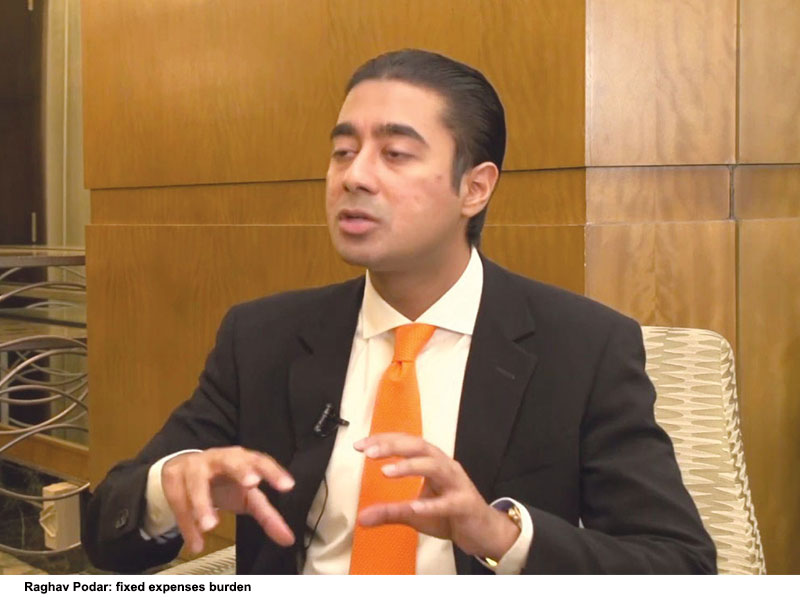
Private unaided aka independent, schools across Maharashtra are up in arms against a directive of the state’s Shiv Sena-led tri-party Maha Vikas Aghadi (MVA) government to waive school fees for the first quarter of the academic year 2020-21, because of the loss of income of the parents community following the nationwide lockdown of industry and business in the wake of the Covid-19 pandemic.
In Maharashtra, school fees are paid quarterly and collected in advance. But a large number of parents haven’t paid school fees for the quarter April-June. Managements of the state’s 22,477 private unaided schools, overwhelmingly preferred by the middle class, warn that they won’t be able to pay the emoluments of 80,000 teachers and other support staff. The Maharashtra English School Trustees Association (MESTA, estb.2014), which has a membership of 18,000 budget (affordable) private schools in 37 districts statewide, has written to the education minister Varsha Gaikwad calling for urgent withdrawal of the directive.
Schools in Maharashtra have been shut down since March 14 — much before the nationwide lockdown from March 25 decreed by Prime Minister Narendra Modi. On March 30, a government resolution (GR) asked Maharashtra schools to refrain from demanding first quarter fees and directed them to “inform parents about a payment schedule once school
reopens”. Showing further leniency towards parents who make up the large middle-class electorate, the minister instructed parents to complain to district education officers against schools demanding fees.
Private school promoters and particularly managements of upmarket schools affiliated with the Council for the Indian School Certificate Examinations (CISCE) and Central Board of Secondary Education (CBSE) are especially indignant because they have pulled out all stops to adhere to the academic calendar by switching to online classes at considerable expense to train teachers to use digital media to prepare lesson plans, conduct online classes, design homework assessments and even interact with parents virtually after school hours. It is also pertinent to note that unlike government schools that begin their academic year in June, CBSE and CISCE schools follow academic calendars ending March. Their fees for the first quarter and/or first semester became due on April 1.
Comments Raghav Podar, chairman of Podar Education, “In light of many state government orders not to collect school fees during the lockdown, it has become an onerous task to meet institutional expenses. Most of a school’s expenses are fixed. Salaries for example, have to be paid whether or not the school building is open. Moreover, many schools have conducted online classes with overwhelming success and appreciation of students and parents. It is not fair that the education fraternity that is working hard in this difficult time, is deprived of tuition fees which goes directly into meeting teachers’ salaries.”
A recent order by the Delhi High Court has correctly pointed out that “money does not grow on trees, and unaided schools, who receive no funds from the government, are entirely dependent on fees, to defray their daily expenses. We, therefore, find that in allowing unaided schools to charge tuition fees, whereby expenses incurred on salary, establishments, and curricular activities may be defrayed by them.”
Unsurprisingly, the majority within the parents’ community support the government’s fee waiver decree. “It seems highly unlikely that private schools which have already collected quarterly and half yearly fees in advance cannot forego two months fees in this emergency situation. Schools that are genuinely experiencing cash flow problems should share their balance sheets with the authorities who can then reconsider the decision on fees for that particular school,” says Anubha Sahai, president of the Mumbai-based Indiawide Parents Association.
The love-hate relationship between private schools and their parent communities is the outcome of decades of socialist rhetoric proclaimed by populist politicians and often the Supreme Court, who seem unaware that first world education cannot be provided at third world prices. Therefore, despite private school fees in India being lower than in private schools worldwide, Indian parents — who shun free-of-charge government schools like the Coronavirus — have little or no sense of ownership of private schools into which they move heaven and earth to admit their progeny. Hence the myopic lack of empathy.
Meanwhile, in its letter protesting the state government’s March 30 GR, MESTA has proposed several ameliorative measures. Among them: collection of monthly instead of quarterly and half-yearly fees, and interest-free loans for parents and educational institutions.
However, as we go to press the state MVR coalition government has hardened its stand on the issue of parents paying their contracted fees. In its latest (May 8) circular, it has prohibited private schools from demanding fees for academic years 2019-20 and 2020-21 until the end of the lockdown period. Moreover schools are prohibited from hiking fees for the academic year 2020-21, and to collect fees for unutilised facilities, they must get the approval
of PTAs (parent-teacher associations). Thus despite their commendable switch to digital learning, hard times are ahead for the state’s private schools. And teachers who are likely to suffer salary cuts, if not lay-offs.
Dipta Joshi (Mumbai)























